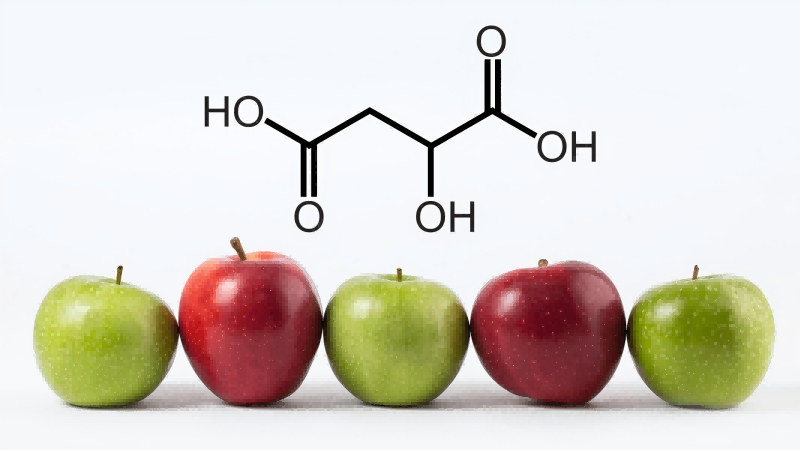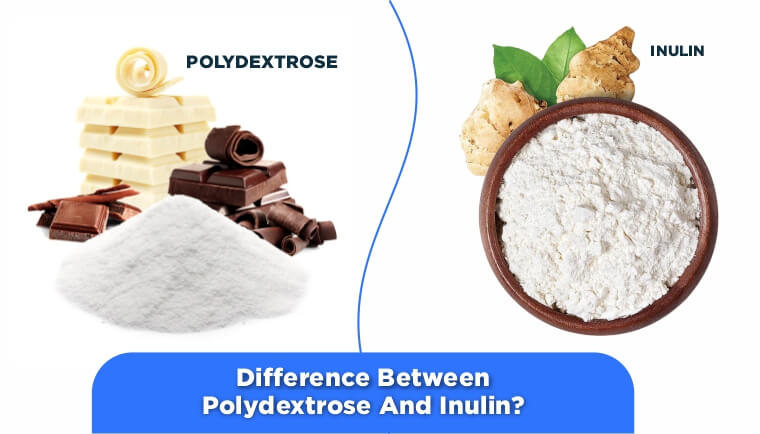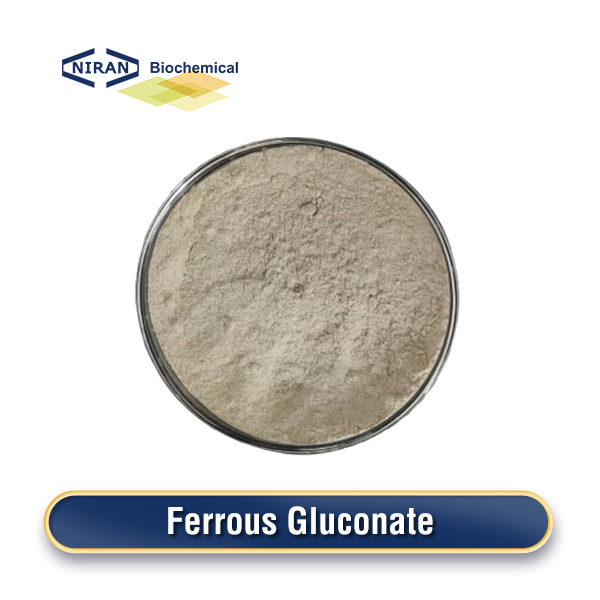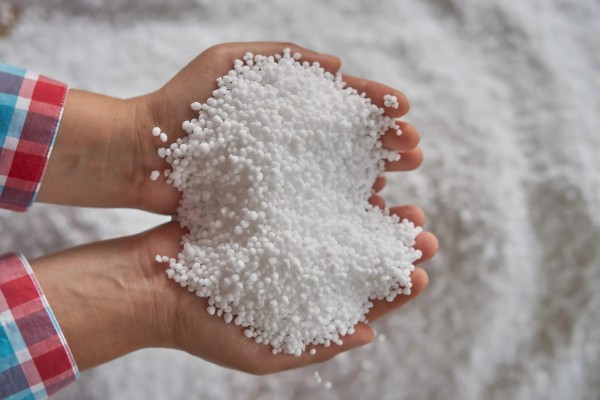Malic Acid in Organic and Natural Foods: A Sustainable Choice
Demand for natural and organic products is rising as people place a higher priority on the environmental effect and health advantages of the foods they choose. One important ingredient that improves these dishes’ quality and attractiveness is malic acid. A naturally occurring organic acid found in a variety of fruits, malic acid has numerous applications […]










